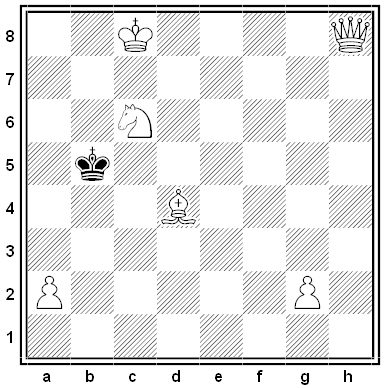Numbers 23 and 24 Leinster Gardens, London, are not the terraced houses they appear to be. Their façades match their neighbors’, with columned porches and windows and balustraded balconies, but the doors have no knobs or letter boxes.
In fact the whole expanse is false, only a façade 5 feet thick. Behind it is a section of uncovered railway track. When a tube line was built through the neighborhood in 1863, the steam engines that hauled the trains needed a section of uncovered track to let off smoke and steam. To preserve appearances for the surrounding residents, the railway company built these frontages, and they remain to this day.
Writes Stuart Barton in Monumental Follies, “It is unfortunate that more sham facades like this are not built to conceal some of the eye-sores that scar our cities today.”







